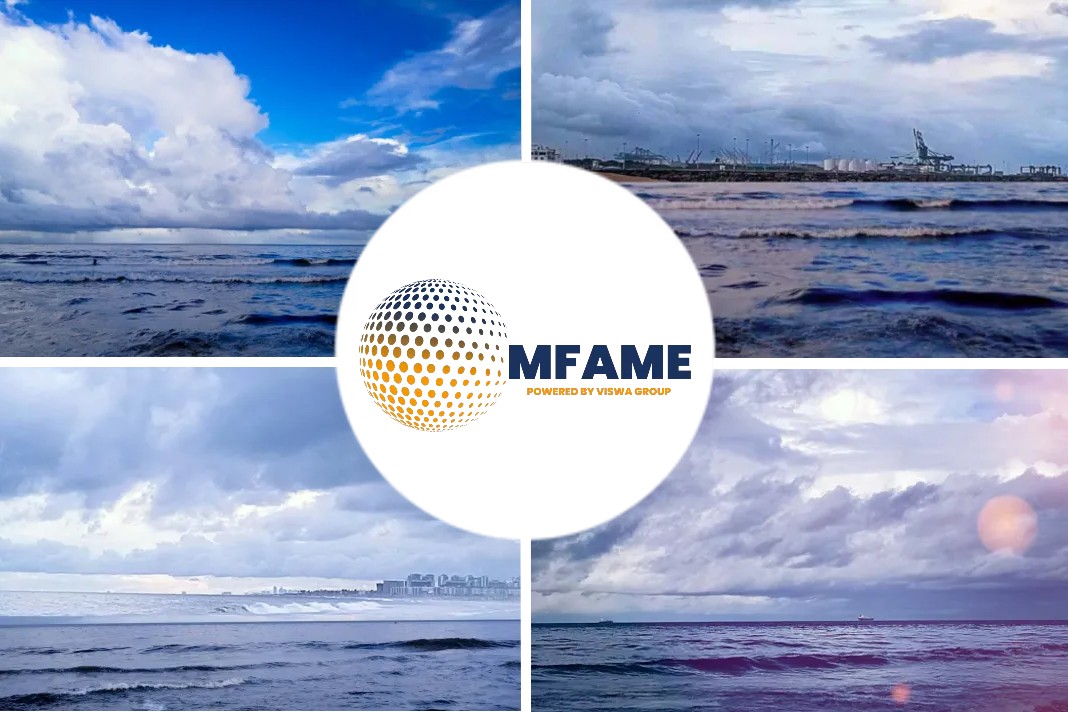- A rise in canceled sailings from Asia to the U.S. is slowing the U.S. export market and global shippers are warnings of more “radical” cuts in vessels.
- The Port of Savannah and Port of Long Beach are seeing the sharpest increase in shipping container delays.
- The Port of Long Beach tells CNBC as much as 15% of its export capacity is tied to cancelled vessels in Q4, and according to data from Sea-Intelligence, there are more unannounced cancellations coming.
An increase in blanked, or canceled sailings, from Asia bound for the U.S. is hitting some of the biggest domestic ports hard, including the Port of Long Beach and Port of Savannah, reducing their ability to ship exports, reports CNBC.
The decline in vessels coming from Asia on the Transpacific route is creating an increase in the wait time, or dwell time, of export containers at the Port of Long Beach.
Reduced vessel calls
Supply chain research firm Project44 tracks exports from “gate-in to loaded on a ship,” said Joshua Brazil, Project44 vice president of supply chain insights, and that metric hit 18.33 days at the Port of Long Beach, as of November 10.
“We are projecting 28 blank sailings for Q4, which represents approximately 15% of our quarterly vessel capacity,” said Mario Cordero, executive director of the Port of Long Beach.
“As shipping lines reduce their vessel calls in the form of blank sailings, this reduces the capacity for outbound volumes. That said, we continue to prioritize exports over empties, which is one reason empties are ticking up on terminal.”
Cordero said that the port anticipates loaded imports to continue to taper off for the rest of the calendar year.
Carriers ‘take out’ capacity as shipping rates crater
Ocean carriers have been increasing the number of canceled sailings in an effort to address the drop in ocean orders as well as to put a floor in ocean freight prices that have been tumbling.
Shipping firm HLS wrote in a note to customers, “More and more carriers have agreed on the strategy to “take out capacity to meet demand”, although no one wants to be the first to suspend a service, which potentially loses market share.”
HLS warned of more “radical” capacity reductions from THE Alliance (the ocean alliance of Hapag-Lloyd, Yang Ming, and ONE), pointing out that 2M Alliance (comprised of Maersk Line and MSC) has already suspended one-third of its West Coast services. Blank sailing and service suspension to the U.S. East Coast is also expected to increase.
Did you subscribe to our Newsletter?
It’s Free! Click here to Subscribe.
Source: CNBC

















